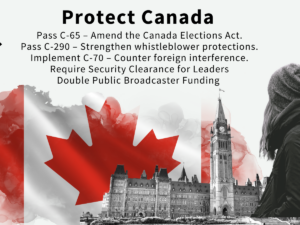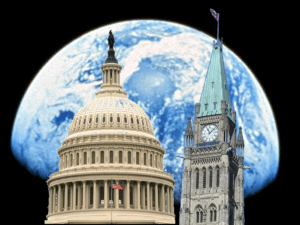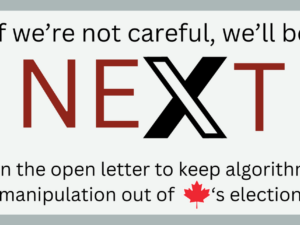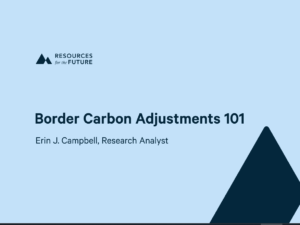LASER TALK : President Elect Donald Trump: What next Canada? What can Canada do in the face of an incoming American administration with seemingly no interest in international arrangements to price carbon pollution? A big purpose of a nationally rising carbon price is to send a market signal to invest in Canada’s clean tech sector, which in turn will help us reduce emissions and grow our economy. It would also give Canada a leg up on the U.S. once our neighbour wakes up to the reality of rapidly changing energy landscape. According to a recent federal-government study prepared by Policy Horizons Canada – a government forecasting office – we could be a decade away from an era when renewable and alternative-energy sources are significantly cheaper than fossil fuels, making Canada’s fossil fuel sector a minor player in our overall economy. Why? Worldwide pricing and technology, and policy trends are driving the price of non-fossil electricity sources downward at a far faster pace than expected. We are also seeing rapid technology-driven decreases in the price of grid-level energy storage and alternative-energy vehicles, manufacturing and heating. Canada’s clean tech sector is poised to become a global player in this rapidly growing industry. Now is not the time to get cold feet on the government’s proposed national carbon tax. Some have expressed concerns about industries uprooting to the U.S. to avoid paying the carbon tax. This can be avoided by imposing a border tax adjustment, which the World Trade Organization approved. A carbon tax on imported carbon intensive goods like steel and cement will level the playing field for carbon-intense and trade exposed Canadian industries. In fact, France’s former president, Nicolas Sarkozy has already suggested imposing a carbon tax on the USA if Trump scraps the Paris Climate Act. November 2016 Laser Talks Everything is Connected











